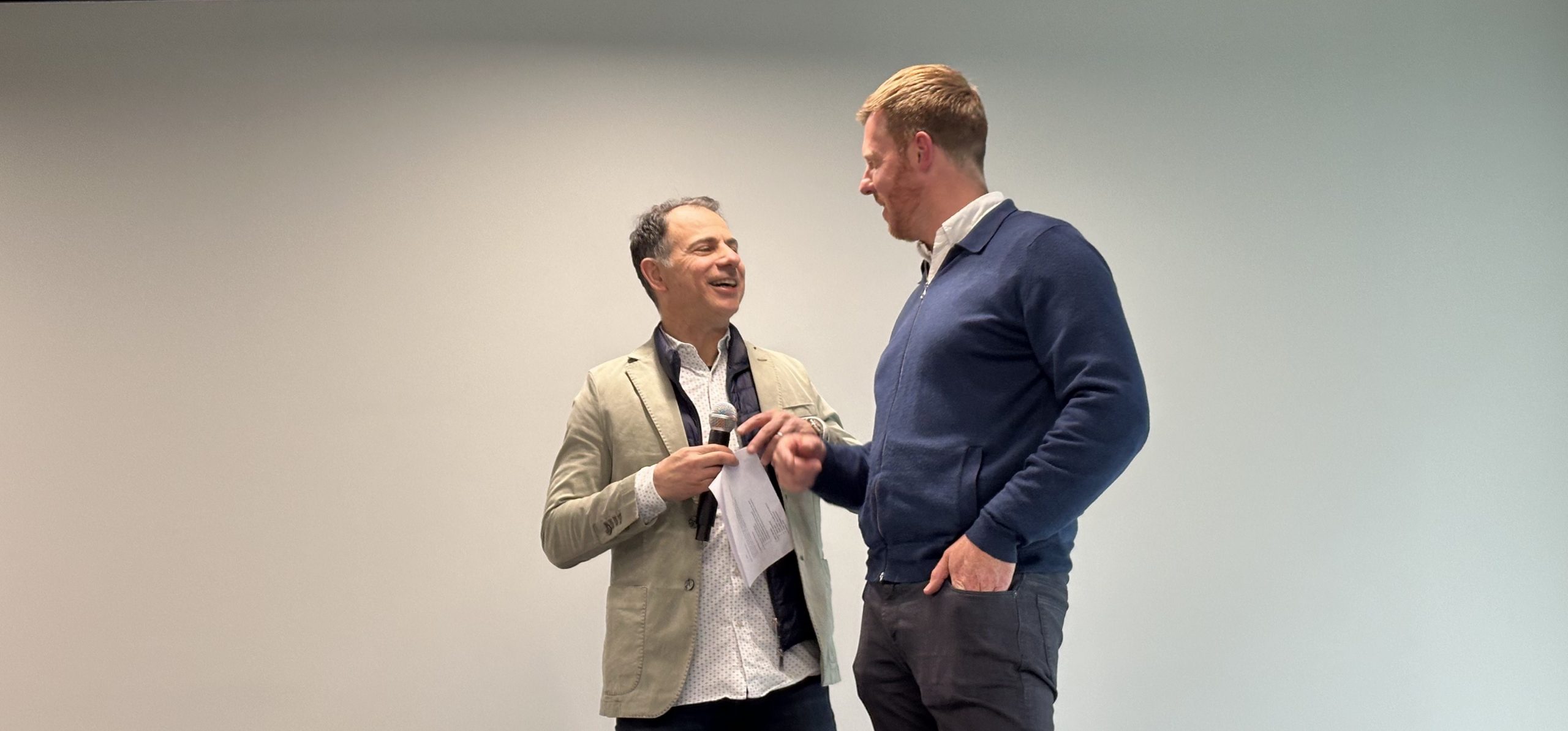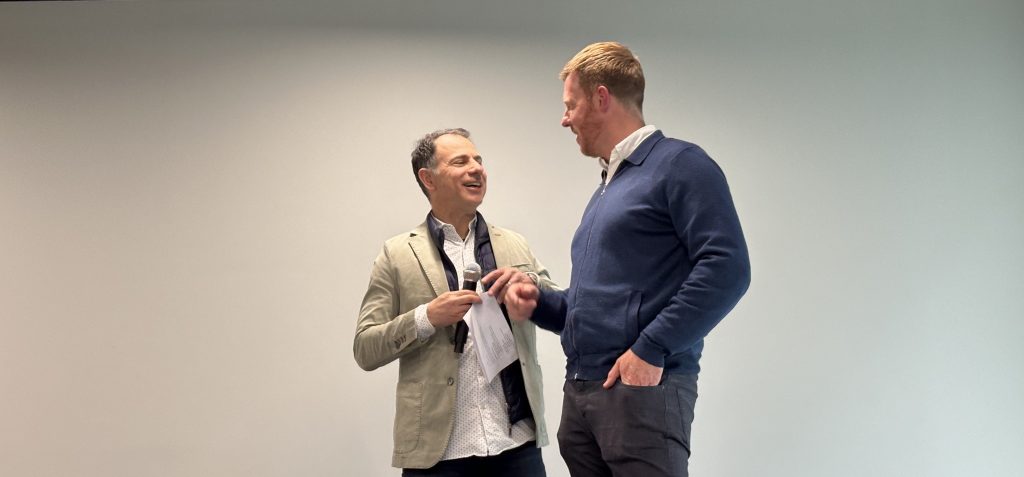Socrates compared himself to a gadfly, who would sting Athenians out of indolence. He was later sentenced to death precisely because of this, but the future generations were much more appreciative of his method of argumentative enquiry.

Socrates’ s times (around 470-339 BC) saw an increasing popularity of the sophists. These were wandering teachers who charged money for their teachings on rhetoric, law and other skills necessary in politics. These were the times of radical democracy in Athens and virtually anybody who was capable of captivating crowds could become a powerful politician. Sounds like modern social media, doesn’t it?
The sophists regarded the ability to assume and hold power as a virtue. In ancient Greece, this notion (Arete) had a different meaning from the one we know it for today. Virtue was seen as excellence in a particular skill so it was natural to speak of, say, shoemaker’s or blacksmith’s virtues. This view was, however, rejected by Socrates, who claimed that there was only one virtue and that was the knowledge of the true good. What the sophists proposed was, he thought, a purely practical skill (techne), but a genuinely good life – for a single man as well as the whole State governed by such a man – could only be achieved through real knowledge (Episteme).
Socrates’s most famous words were: “The only true wisdom is to know that you know nothing”, which he truly believed in. Socrates maintained that realising your own ignorance is the first step on the path to learning the truth. He rejected the teacher-learner division as proposed by the sophists. He would walk around the Athenian agora and strike up conversations with various people not in order to share his knowledge, but to work it out together with them.
The Socratic method was based on an argumentative dialogue between two interlocutors. One of them (in this case – Socrates) would start with a general question concerning a particular topic. To give an example, in one situation the philosopher asked whether it is ethical to use deception. When hearing the quite obvious response ( in the negative), he would ask more questions. In this particular case the question was: is it morally sound to use deception to take a sword from a despondent friend before he uses it to harm himself or another person? Such interrogation would result in the interlocutor becoming doubtful of his own words and beliefs. Alternatively, he would grow angry with Socrates and end the debate. Even though the philosopher did not state it openly, he was quite likely sceptical about everybody being capable of shaking off false beliefs (doxa) and learning the truth (aletheia).
Socrates referred to his method of seeking the truth as irony, which in Greek means – literally – ‘feigned ignorance’. Socrates pretended to agree with his interlocutors and created the impression that he wanted to learn from them, which was, in fact, a disguise for his real intentions. Behind these intentions was the willingness to demonstrate the fallacy of the interlocutor’s beliefs using an array of tricky questions,. Socrates not only ‘knew he knew nothing’, but he also wanted others to become aware of their ignorance. This part of the method is called elenctic, which literally means – refuting someone’s arguments.
Socrates believed that once false convictions have been overturned, one can start making a positive effort. He called the whole concept the Maieutic – or obstetric – method. Socrates insisted that he could not share his knowledge with anyone (since he knew he knew nothing) yet he could assist others in gaining it on their own, just like a midwife, who herself might not give birth to a baby, yet will effectively assist delivery.
Questioning standpoints and beliefs is useful not only for the purpose of ancient deliberations on morality. To this day, the Socratic method is applied in psychotherapy, where it helps to challenge wrong convictions held by patients, as well as in some types of schooling, in which the teacher acts solely as a moderator. Whether it is your private life or corporate routine, deliberating on any problem through a co-operative exchange with another person, where one you acts as ‘the stinging gadfly’, is a great way to step out of your cognitive bubble and adopt a different perspective on the ideas which so far have been seen as obvious.
-
About Us
-
Product
Customer Data Platform
Campaigns Management
Omnichannel Execution
-
Resources
Knowledge Center
Affiliation Program
-
Pricing
-
Become a Partner
-
Career
-
Community




 Follow
Follow


![[New Feature] Shine the light on your hidden visitors with Spotlight](https://blog.salesmanago.com/wp-content/uploads/2024/04/1-9.png)


![[New Feature] Unlock Deep Behavioral Personalization with Product Collections](https://blog.salesmanago.com/wp-content/uploads/2024/03/1-3.png)



![[New Feature] Shine the light on your hidden visitors with Spotlight](https://blog.salesmanago.com/wp-content/uploads/2024/04/1-9-1024x536.png)







